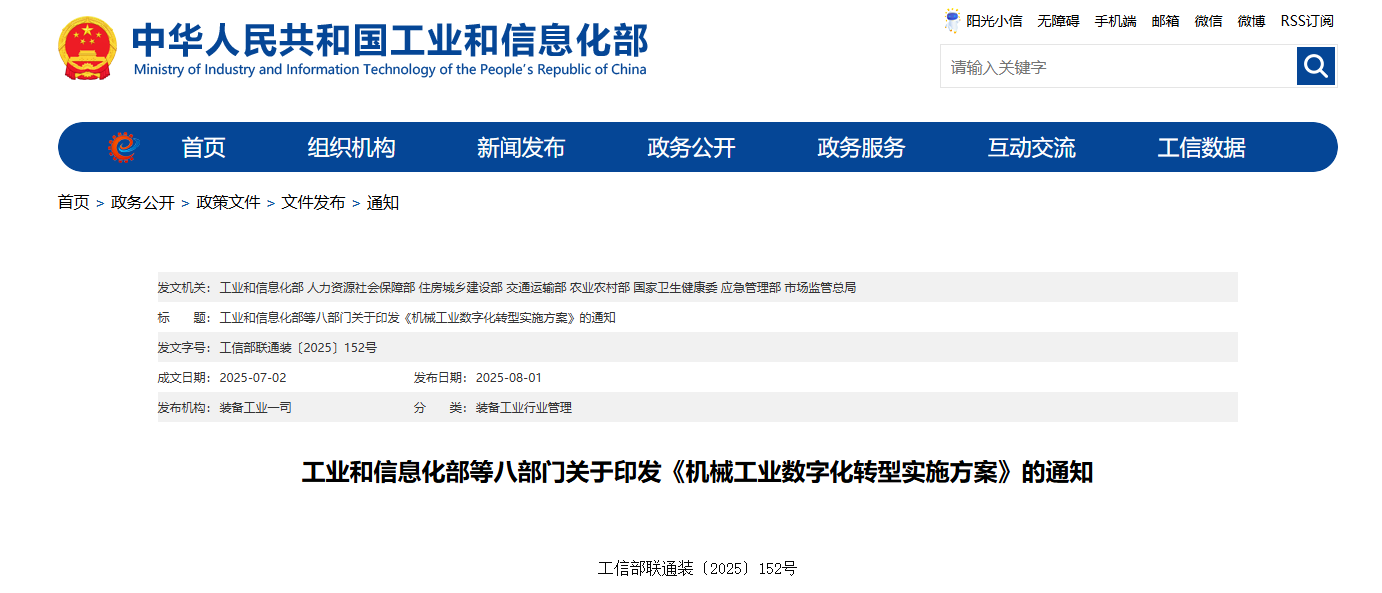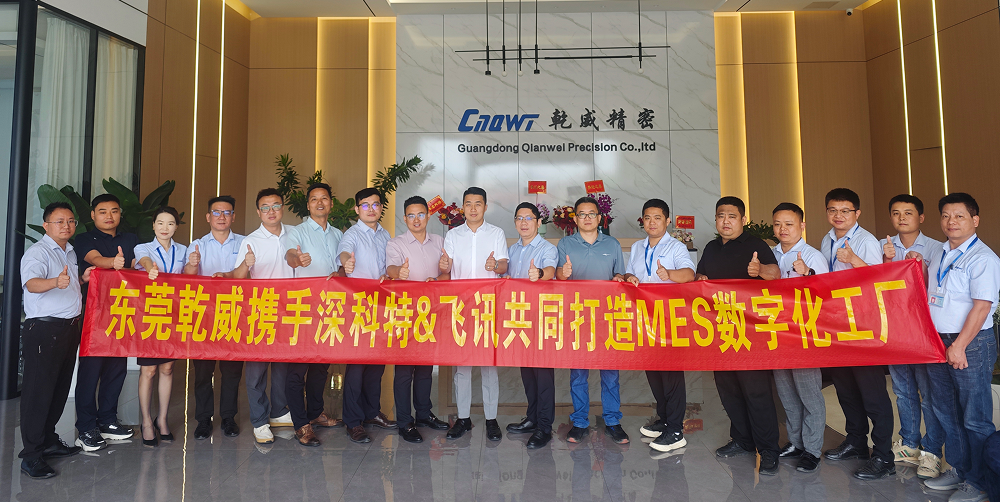MES系统生产计划的重要性

Title: The Importance of MES Systems in Production Planning
Introduction:
In today's fast-paced and highly competitive business environment, efficient production planning is crucial for the success of any manufacturing organization. Manufacturing Execution Systems (MES) play a vital role in optimizing production processes and ensuring that products are manufactured in a timely and cost-effective manner. This article will delve into the multiple perspectives highlighting the importance of MES systems in production planning.
1. Real-time Data Visibility:
One of the key advantages of MES systems in production planning is the provision of real-time data visibility. By integrating various manufacturing processes, such as inventory management, scheduling, equipment maintenance, and quality control, MES systems provide a holistic view of the entire production process. This enables production managers to monitor and analyze critical data points and make informed decisions to optimize production efficiency and minimize downtime.
2. Enhanced Operational Efficiency:
MES systems streamline production planning by automating manual tasks and providing accurate information in real-time. With improved visibility into production schedules, resource allocation, and materials availability, manufacturers can eliminate bottlenecks and optimize efficiency. This leads to reduced cycle times, increased productivity, and ultimately, cost savings for the organization.
3. Demand Forecasting and Inventory Management:
MES systems are equipped with advanced analytics capabilities that enable accurate demand forecasting and inventory management. By analyzing historical data, market trends, and customer demands, organizations can predict future production requirements and ensure that they have the right amount of inventory at the right time. This helps in preventing overstocking or stockouts, reducing carrying costs, and improving customer satisfaction through timely delivery of products.
4. Quality Control and Compliance:
Quality control is a critical aspect of any manufacturing process. MES systems enable real-time monitoring of product quality parameters, such as dimensions, tolerances, and specifications. By automatically flagging any deviations from standard operating procedures, MES systems help to prevent defects and ensure compliance with regulatory standards. This not only reduces the risk of product recalls but also enhances the organization's reputation for delivering high-quality products.
5. Traceability and Recall Management:
In industries such as pharmaceuticals, food, and automotive, traceability is of utmost importance. MES systems provide end-to-end traceability by capturing and recording data related to raw materials, manufacturing processes, and finished products. In the event of a recall or quality issue, organizations can quickly identify and isolate affected products, minimizing the impact on customers and the overall business.
6. Continuous Improvement and Data Analytics:
MES systems gather vast amounts of production data, which can be analyzed to identify patterns, trends, and areas for improvement. By leveraging data analytics tools, manufacturers can gain insights into production inefficiencies, optimize workflows, and make data-driven decisions. This continuous improvement approach ensures that production planning processes are constantly refined, leading to increased productivity, cost savings, and improved customer satisfaction.
Conclusion:
In conclusion, MES systems play a pivotal role in production planning by providing real-time data visibility, enhancing operational efficiency, facilitating demand forecasting, ensuring quality control and compliance, enabling traceability, and promoting continuous improvement. With their ability to streamline processes, optimize resource allocation, and mitigate risks, MES systems have become indispensable for modern manufacturing organizations. Embracing MES technology empowers organizations to stay competitive, meet customer demands, and drive sustainable growth in today's dynamic business landscape.
��Ѷ���������2006�꣬ӵ�������з����뿪��ƽ̨����һ�Ҽ���Ӫ�������졢�ɹ���ȫ��·���ǻ��������Ʒ����̺ͷ����̡���Ʒ�������ֻ����䡢����������������������˾��MRO��ERP��MES��WMS��CRM��SRM�Ȳ�ƷΪ������Ϊ�ͻ��ṩ���ǻ��������巽���滮��������ܷ�����Χ���������Ǻͳ����ǵ����������ڰ����ͻ������к�ʵ�ʳ������ɴ��С��ɴ��µ����ֻ���Ӫ��ϵ�������������Ϣ�����������ֻ��;������ܻ��������⣬Ϊ��ͬ��ҵ����ͬ��ʵ�ֲ�ͬ�ľ�ӪĿ�ꡣ























请先 登录后发表评论 ~